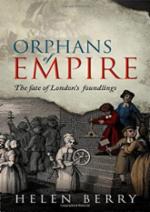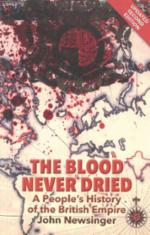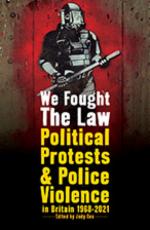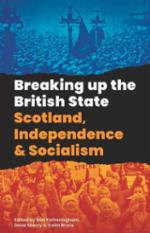... her honest subjectivity makes this a better book. It has a soul. Orphans of Empire is a fascinating, beautifully written story about an 18th century charity, but also a book that asks difficult questions about welfare that remain relevant today. (Gerard DeGroot, The Times)
Overturns preconceptions ... Orphans of Empire is noteworthy for Berry's meticulous examination of the records that document individual appeals and interventions. Helen Berry has produced a remarkable study, informative and impassioned. (Jenny Uglow, The Times Literary Supplement)
Her well organised, workman-like account concentrates on the 18th century and does an important job of clearing a way through a mass of repetitious detail, while acknowledging how telling and human that detail is. She is particularly good at interweaving a surviving autobiographical account by one foundling, George King, with the records of other lives. (Fiona Sampson, The Spectator)
The history of the Foundling Hospital is well known, but for those coming new to the story Berry's is a fresh and insightful introduction. Her pace is lively and her touch is light ... Helen Berry's book is a welcome addition to a crowded field. It offers an up-to-date and authoritative history of Thomas Coram's hospital that is at its most valuable when focusing on the life stories of the foundlings themselves. (Gerry White, Literary Review)
[Berry's] study is an exemplary piece of objective historical research... (John Pridmore, Church Times)
Orphans of Empire is a super book, nicely produced, with good black & white illustrations, clear endnotes and indexing, and I recommend it. (Mike Patterson, London Historians)
An excellent book ... There is a Foundling Museum at Brunswick Square and to my shame I'd never visited it until the book inspired me to go along... (Peter Gruner, Islington Tribune)
Orphans of Empire is a heartbreaking read that is also absolutely unputdownable. Helen Berry brings the 18th century to glorious life in a way that few historians can match, every book of hers is a treasure. (Dr. Amanda Foreman, FRSA)
Shortlisted for the 2019 Cundill History Prize






